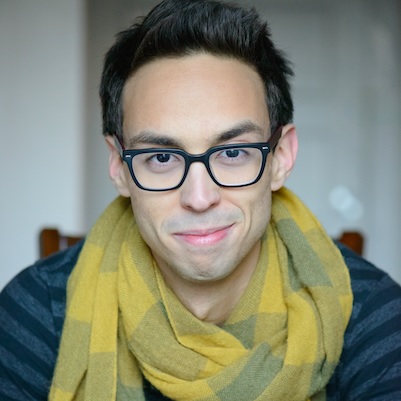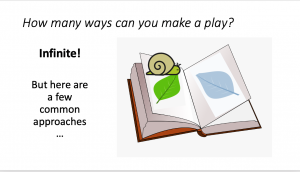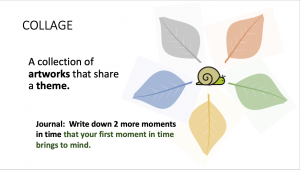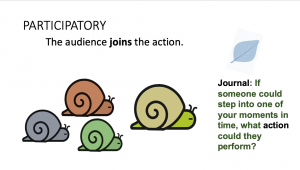For the past three summers, Living History’s TimeLine South has offered an ensemble of teenagers the opportunity to learn basic skills in theatre & performing arts from some of the most experienced and dynamic artists in the city. Through this six-week summer arts program, students engage in advocacy and community building through art as a way to illuminate some of their community’s toughest challenges and spark change. We understand that these topics can be difficult for young artists and we also believe that art can help heal and be an effective vehicle for social justice.
Although the COVID-19 pandemic has altered this year’s program, TimeLine South has been re-imagined as an online program, committed to the same goals of providing teens a safe space for self-expression, creativity, and ensemble building.
Each week, the 10 young people who make up the 2020 TimeLine South ensemble learn about a different facet of theatre with an expert. We’re featuring each of those members of the TimeLine South teaching team to give you a look at what this program is like and to let you sneak a peek behind the curtains at this transformative summer program. This week: writing instructor Wilfredo Ramos Jr.!
“I hope each ensemble member embraces (or continues to develop) a daily artistic practice and that they continue this practice for as long it feeds them. I hope for the same for readers of this interview.”

Tell us about what you’re teaching for TimeLine South. Why is it important now?
In the weeks leading up to this week past, ensemble members created poems, scenes, dances, and other works of art. Last week, I led games, discussions, and writing exercises to help the ensemble get to know their work even more. By the end of the week, we came together as an ensemble and teaching team to agree on a common vision for the final presentation.
We live in a society and a world that actively suppresses the power and imaginations of young people, particularly if those young people also happen to be BIPOC, femme, queer, trans, neurodiverse, differently-abled, and/or otherwise othered by dominant cultures. Spaces like TimeLine South offer young people opportunities to deepen self-love, find allies, grow power, heal harm, and rest.
As you know, adapting TimeLine South to be an online program has been a “work in process.” Can you talk a little bit about your process adapting your work to this new virtual program?
When we gathered in person last year, ensemble members were able improvise action and dialogue small groups and then share that work with the whole collective. Internet connectivity has been an issue for us this year, so working in small groups has been more difficult. However, the online format has been a help to the creative process in other ways. Thanks to the chat feature in Zoom, ensemble members were able to archive their comments and questions for consideration in the coming weeks.
What’s a memorable moment you had during sessions last week? Why did it stick with you?
We played a game called “Red Ball” in which ensemble members and teaching artists passed imaginary objects to one another. I loved how the game enabled us to apply our imaginations in a way that shrank the distance between us.
What do you hope this ensemble walks away with at the end of these six weeks?
I hope each ensemble member embraces (or continues to develop) a daily artistic practice and that they continue this practice for as long it feeds them. I hope for the same for readers of this interview. Let’s get free by supporting makers and by making ourselves!
Do you have photos of lesson plans or activities, of group activities during a session, of things that inspire you, etc.? We’d love to see them!




